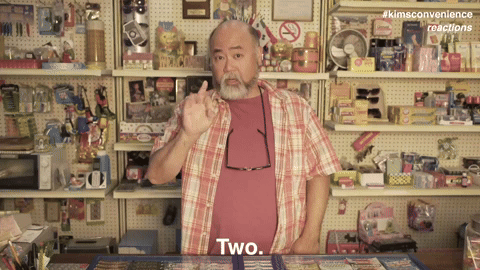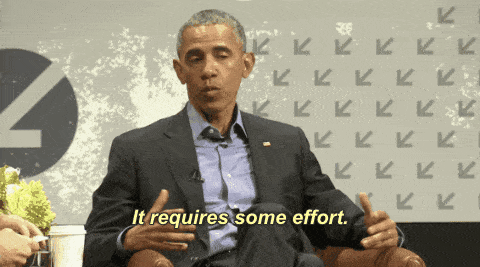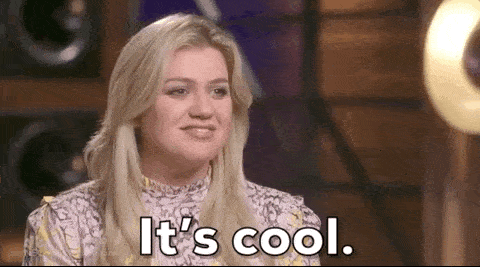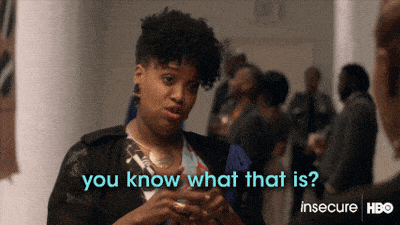Developing a Growth Mindset
- Jan 12, 2020
- 6 min read
Updated: May 7, 2020
I have always been trying to develop a positive and helpful mindset in my life. Recently, I discovered that even in the Organizational Behavior literature, the concept of mindset exists - since I want to start working on it with one of the amazing professors here at LBS, I started to read up on the topic. The concept of mindset in the Business literature is of course a bit more narrowly defined than in our everyday life definition. In her pioneering studies of the topic, Carol Dweck from Stanford University has identified two different mindsets people can have about their talents and abilities.
On one hand there are individuals with a strong growth mindset who believe that one’s talents can be developed and learned through hard work, inputs from other people, strategic planning and taking on challenging tasks. Those who endorse a relatively fixed mindset, on the other hand, believe that personal traits and characteristics, such as intelligence or abilities, are innate gifts and cannot be changed, controlled or developed.
These individuals often never fulfill their potential, even if they are considered highly talented. Important to know is: Every person is a mixture of fixed and growth mindsets, and ranges somewhere on the scale between a complete fixed and a full growth mindset. The two mindsets work by creating entire psychological worlds, and each world operates by its own rules and perceptions of reality.
People’s mindsets are not related to their level of ability in the area - at least not at first. People with all levels of ability can be on either end of the fixed-growth mindset scale, but over time those with a stronger growth mindset appear to gain an advantage and begin to outperform their peers with a more fixed mindset. Mindsets themselves are neither completely fixed nor fully flexible - just like people. Mindsets are beliefs, thus they are fairly stable but they can also be changed.
The major rules and attitudes associated with the different mindsets are:
Rule #1

In a fixed mindset the first rule is: Look talented at all costs. When given the choice between a challenging task with a high learning opportunity and a task that will make them look smart, most of them choose to look smart. In a growth mindset, one’s motto about life is: Learn, learn, learn! Growth minds, of course, do also care about success and winning, but first and foremost about learning.
Rule #2

In a fixed mindset, the second rule is: With natural talent, you don’t need to work too hard or practice too much. Having to work hard actually casts doubt on your natural gifts. This way, the fixed minds never learn to work, and when they later reach their limits, they often cannot cope. In a growth mindset, the rule is to work with passion and dedication—effort is the key.
Rule #3

In a fixed mindset, the third rule is: When faced with setbacks, you should run away or conceal your deficiencies. Excuses are made, others are blamed, and fixed minds compare their own achievements to those around and make themselves feel better by looking down on those who do even worse (in their eyes). Growth minds on the other hand face a setback and learn from it. In a growth mindset, the third rule is: Embrace your mistakes and confront your deficiencies.
Did you recognize some behaviors in yourself?
Research has repeatedly shown that a growth mindset fosters a healthier attitude towards practice and learning, a desire for feedback, a greater ability to deal with setbacks, and significantly better performance over time. Individuals with stronger growth mindsets tend to achieve more than those with a stronger fixed mindset. It actually sounds quite valid: When you believe that you can alter personal abilities and traits by making an effort, you are more motivated to give your best and develop or improve those traits. Psychological and neuroscientific studies even demonstrate the capacity of peoples’ brains to change and reorganize itself when they put serious labor into developing a set of skills.
To be clear, people with a strong growth mindset don’t believe that potential doesn’t exist or play a role, or that anyone can be a Tiger Woods in Golf or a Mozart in music. Of course, they also acknowledge that talent exists, and that not everyone is blessed with the same amount in every discipline life has to offer. But growth minds also understand that every great athlete wouldn’t be that successful if they rested only on talent, without investing years of passionate and dedicated practice.
Even for “normal” people like us (those who are not trying to become the new #1 athlete in our favorite sport), a growth mindset can make a big difference in how we approach and handle what life throws at us. A problem are certain fixed-mindset triggers all of us encounter on a regular basis, especially when times get hard: challenges we believe we cannot master, criticism we are all exposed to from multiple sources - especially from people important to us - and of course the constant comparisons to peers and seeming competitors we are subject to from an early age on.
A natural answer is to feel insecure and act defensively. We retreat and feel ashamed when we fail. Everyone of us has a fixed mindset persona in us that makes us feel this way, instead of owning up to not landing a job interview, to failing a test, to making a mistake or overreacting. All of these behaviors are normal - even human, so don’t feel ashamed for that! Apologize, laugh or shake your head about yourself and then keep moving :-)
The mindset we adopt during difficult times we encounter, but also in day-to-day interactions with challenging people and situations is one that will ultimately shape our personality, our values and abilities, our resilience and our capacity to handle similar challenges in the future. It is thus important to try and strengthen our growth-mindset. To fully shift our perspective or mindset, we individually need to recognise how our fixed mindset persona limits our ability to perform and generates an unwanted emotional state or outcome. We can start doing so by some minor tweaks here or there.
For example, instead of rewarding only for successes, start praising yourself and others for pure effort and the way you/ they engaged in, or did something. You cannot blame yourself for not succeeding, only for not trying - success has so many uncontrollable determinants, but there is only one variable in effort: yourself ;-)

As a mantra that helped me fight my inner fixed-mindset persona, I internalized Kelly’s “What doesn’t kill you makes you stronger” song. In retrospect I started thinking about the positive consequences - as small as they might have been - of some challenges and defeats I encountered in my life, and how my personality and abilities were shaped and developed in ways they wouldn’t have without going through these difficult times. Now, I am able to more quickly recognize and consider the positive side of any setback I encounter. The silver lining might only surface sometime later, but it is always there!

And one last suggestion: Find something to learn from others and their successes. There is something good in everyone, and we can learn small but helpful things from so many people around us. For a start, write down the one ability or trait you most admire your friends and family members for, with one implication to retain for yourself. You can extend this to anyone who inspires you in a certain way, but try to focus on their actions and efforts, and not their outcomes. Especially when dealing with difficult people, when you also focus on the one little thing they might teach you or the one lesson you learn from dealing with them, it will be much easier to handle the interaction because you feel like you at least get one positive take-away from it. Life-lessons are everywhere, and (unfortunately) most often in the challenging people around us ...
As Carol Dweck said: Mindsets are just beliefs. They’re powerful beliefs, but they’re just something in your mind, and you can change your mind.
Embrace your inner growth mindset - it’s in you!

Lots of Love
Valli
xx
Sources and more detailed readings:
Jonston, 2017 - Creating a growth mindset
Dweck, 2006 - Mindset (book)
Dweck, 2009 - Developing talent through a Growth Mindset.
Dweck, 2016 - What having a Growth Mindset actually means.
Yeager and Dweck, 2012 - Mindsets that promote resilience: When students believe that personal characteristics can be developed.


Comments